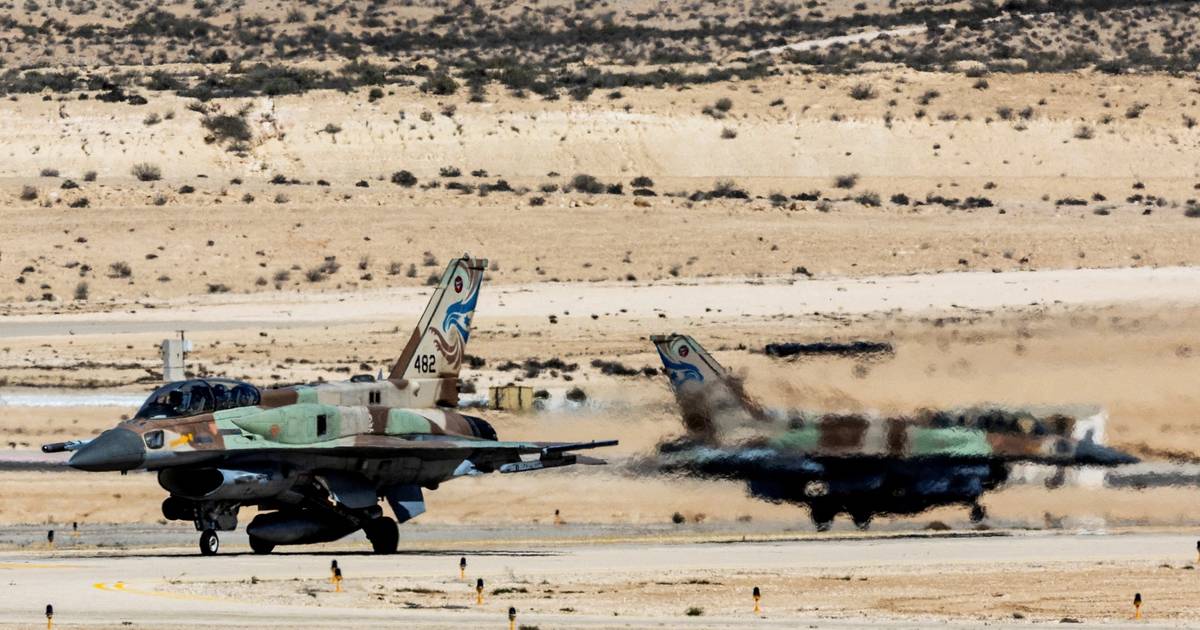Bellicose comments about relentless war against Israel and the United States by a radical ayatollah in Iran has led to strong reactions by more moderate clerics, as Iran faces a likely Israeli attack.
A moderate seminarian as well as other critics have lashed out at the hardliner clergyman known to be the spiritual leader of ultraconservative Paydari Party for his comment on resistance against US and Israel at any cost.
Viral videos on social media show hardline cleric Mohammad Mehdi Mirbagheri stating that Muslims "from Israel to Yemen and from Iran to Palestine" must continue their resistance against Israel, even if it leads to the deaths of half the world's population in the conflict.
According to the Iranian Labor News Agency (ILNA), seminarian Mohammad Taghi Fazel Maybodi criticized hardline cleric Mohammad Mehdi Mirbagheri, stating: "Mr. Mirbagheri suggests that four billion people should die for him to achieve his goal. His destination aligns with the same agenda pushed by the Paydari Party."
Fazel Maybodi further remarked, "It seems Mirbagheri considers himself part of the half meant to survive, otherwise, he'd be in Gaza right now! It’s unfortunate that he makes such statements in the name of Islam."
According to a report by Rouydad24, the reformist daily Ham Mihan has labeled Mohammad Mehdi Mirbagheri as the "theoretician of war." The paper noted that Mirbagheri cited the late Ayatollah Ruhollah Khomeini, founder of the Islamic Republic, as allegedly saying, "If the superpowers hang all Muslim activists and take all our women as prisoners, our objective would still be worth it." Ham Mihan added that the authenticity of this quote attributed to Khomeini has yet to be verified.
The daily, along with other sources, reported that Mirbagheri and his fellow Paydari members are known for opposing Iran’s development according to common international standards. In response, Mirbagheri’s supporters labeled *Ham Mihan* a Zionist paper, arguing that Mirbagheri is a "theoretician of resistance," not war.
The core debate among Iranians now centers on the choice between constant confrontation with other states and pursuing peace, good relations, a strong economy, and development. After 45 years, it's evident that the Islamic Republic has failed to establish a healthy economy. Critics point to this failure and accuse the regime of fostering ongoing regional tensions that have left Iran increasingly isolated.
Prominent economist Mohammad Renani in Iran has accused Mirbagheri of being delusional, arguing that an alliance spanning nations from Afghanistan (Taliban) to Yemen and Palestine is unrealistic. Meanwhile, economic journalist Maysam Sharafi highlighted that Mirbagheri’s ideas are published on his Telegram channel under the heading of “war,” contradicting his supporters' claims that he advocates "resistance."
Meanwhile, contributing to the ongoing debate on the implications of Middle East conflicts for Iran, seasoned politician and former senior lawmaker Heshmatollah Falahatpisheh wrote in a commentary that the deployment of the American THAAD anti-missile system to Israel likely signals a shift in US policy in the region.
He highlighted two key points about the US move: first, Washington deployed the system specifically to counter Iran’s ballistic missiles; second, it aims to reassure its Arab allies in the region.
Falahatpisheh added that Israel and the US have entered a new phase in their alliance against Iran. However, while Israel views its confrontation with Iran as a tactical, step-by-step process, for the US, it is a strategic matter.
Commenting on the potential impact of the impact of the US election, Falahatpisheh noted: "If Trump wins, unlike the Democrats, he will manage tensions with Russia but will give more leeway for escalating conflicts in the Middle East." He also emphasized that Trump’s diplomacy leaves no room for concessions to Middle Eastern countries.
In his assessment of the region's dynamics, Falahatpisheh concluded that both sides in the conflict are intent on completely destroying each other, making it difficult for diplomats to achieve any meaningful progress.

 5 hours ago
17
5 hours ago
17


